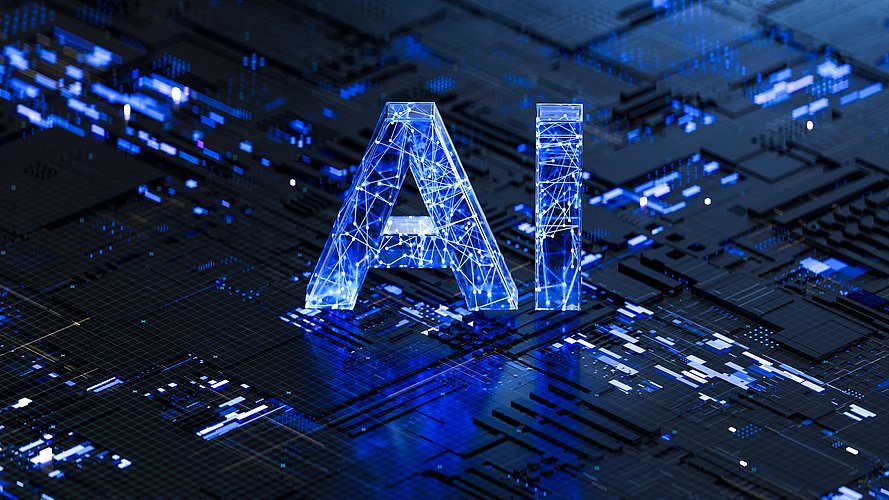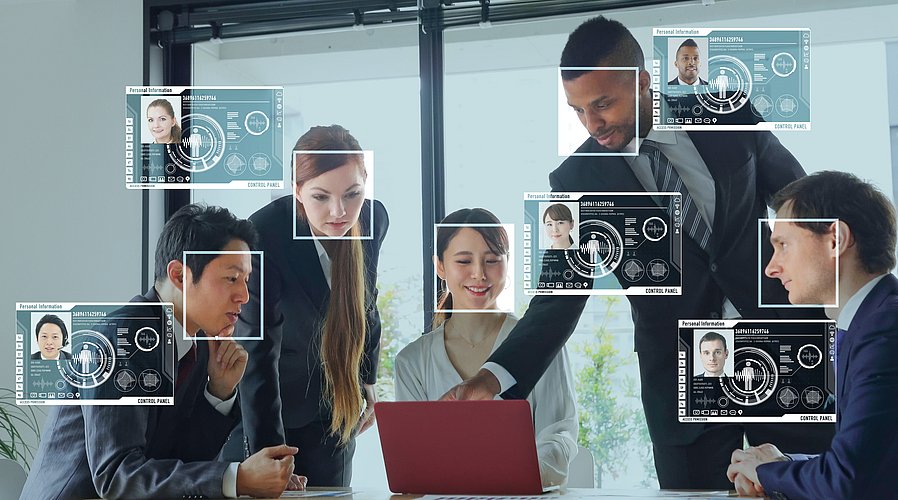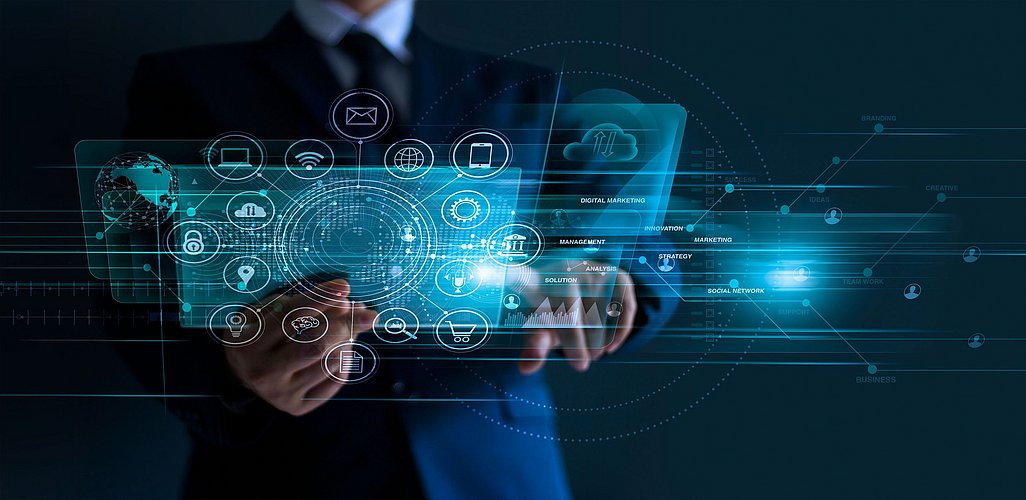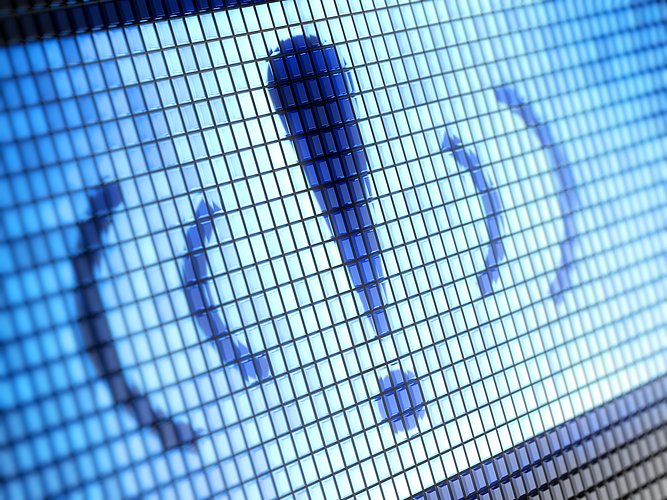Newsletter IP, Media & Technology Juli 2015
Regional Court of Cologne: On damages for relicensing of open source software
Regional Court of Cologne, Decision dated 17 July 2014 (case no. 14 O 463/13)
Editor’s head notes:
1. One who modifies software that is licensed under the GNU General Public License and sublicenses the modification under the GNU Lesser General Public License violates the original license. According to Subsection 9 GPLv2 / Subsection 14 GPLv3, in the event of relicensing, only another license version of the same type may be chosen, not another license type.
2. The damages claim resulting from such impermissible use may have as its subject the surrender of the infringer‘s profit, which may also include indirect sources of financing from customers and support services.
Annotations
The Regional Court of Cologne had to decide a case in which an open-source software program was modified and was placed under a different license. The subject of the dispute was the nopCommerce software, a popular all-around solution for webshops, which is licensed under the GNU General Public License Version 3.0 (“GPLv3”) and may therefore be used without charge and modified, as long as the conditions of the license are fulfilled. Defendant placed its modification at the public‘s disposal, but under another license, namely the GNU Lesser General Public License Version 3.0 (“LGPLv3”). This constitutes a violation of the GPLv3, which also creates the entitlement to damages.
The “copyleft effect” and the modification of open-source software
A core element of all open-source licenses in the GPL family is the so-called copyleft effect. On the one hand, within the scope of distribution, this mandates the disclosure of the source code of the respective program. On the other, the licenses require that each modification that is considered as a program based on the original software be subject in its entirety to the original license and not any other open-source license. The question when exactly a code is based on original software, may be difficult to answer in an individual case. Unfortunately, to date there has been no clarifying case law on this, worldwide. Nor did the Regional Court of Cologne have the opportunity to express a position on this question in this case, because Defendant did not attempt to combine the original software only as a separate and independent element with a new and separate program. Therefore it was a clear and unequivocal modification.
“Or any later version” refers only to the respective license type
Occasionally open-source licenses are subjected to revision and published in new versions. Thus, for example, in 2007, after long debates, the respective third versions of the GPLv2 and LGPLv2 dating from 1991 were approved. According to a strict interpretation of the copyleft effect, it would not have been possible to subject the next modification of GPL/LGPL software to the next license versions. The obligation to place all new modifications under the exact same license text as the original software is an obstacle to switching the licenses. However, this problem had already been taken into account in the license texts of 1991. Subsection 9 GPLv2 and Subsection 14 GPLv3 permit the switch to a higher license level if the author of the original software added the so-called “or any later version” note to the license text. Defendant also wanted to apply this stipulation to the switch from a GPL version to the LGPLv3. The Regional Court of Cologne now made it clear that a subsequent license may be selected only from within the same license type. This is supported above all by the different concepts of the license types: The copyleft effect of the LGPL is far narrower and, in comparison to the GPL, includes more exceptions. With this argument the Regional Court of Cologne assumed that a switch from a GPL version to an LGPL license constitutes an impermissible use pursuant to Sec. 69c Copyright Act.
Concerning damages: Up to now only the Regional Court of Bochum on license analogy
Up to now, damages have been awarded on the merits for infringement of an open-source license in only one judgment in Germany: Before the Regional Court of Bochum (case no.: I-8 O 293/09), Plaintiff in a similar case asserted a damages claim based on the infringement of the LGPL, calculated according to the principles of license analogy. The Regional Court of Bochum granted the entitlement to damages. But the concept of license analogy in the area of open-source licensing can also be countered by some weighty arguments because the concept of license analogy is based on the question of the price at which a comparable license for similar software could have been purchased. Since open-source software – by definition – is available at no charge, it can also be argued that the calculation of the damages based on the principles of license analogy misses the point. The Regional Court of Bochum dealt only very briefly with this objection and dismissed it based on purely practical considerations: The authors of open-source software are otherwise “practically without rights”. It would have been dogmatically more precise to first determine that the LGPLv2 does not in fact permit all actions without charge. A comparable license would therefore not have been without cost. But here, too, the reasoning must be followed one step further: If there are comparable software programs under an open-source license that does not trigger a copyleft effect (such as the MIT or BDS license), then an analogous license would once again be without cost, as open-source licenses without a copyleft effect permit the modification and relicensing of such modification. Thus for open source, the devil of license analogy is indeed in the details.
The Regional Court of Cologne and the surrender of the infringer‘s profit
Obviously, it was these problems that Plaintiff wanted to circumvent before the Regional Court of Cologne, and therefore decided that its entitlement to damages should be calculated according to the infringer‘s profit method. This is possible, since for copyright infringements, the injured party does in principle have the option of selecting the method by which damages are calculated.
Regional Court of Cologne broadly extends the infringer‘s profit to profits from support
Here the Regional Court of Cologne does not limit itself to asking whether a commercial profit was earned with the software itself. Rather, the Court also explicitly includes all revenues from additional customer, support and other services for the software in the relevant profit. For some parts of the industry, this is a dangerous thing, since many companies earn rather significant sums with support of and solutions for open-source software. Major Linux distributors post tens of millions in annual sales for the support of the open operating system. Thus it appears particularly threatening that the Regional Court of Cologne clearly emphasizes aspects that could serve to extend the damages. The Regional Court of Cologne clearly states: “The skimming off of the infringer‘s profit also serves to punish the harmful behavior and in this manner to prevent infringement of the intellectual property rights that are particularly in need of protection.”
Share of infringement is decisive
Thus it may be that another cornerstone has been laid for the infringement of open-source software, but the last word has not by far been spoken. According to relevant case law from the Federal High Court of Justice on how to calculate advertising revenue when assessing damages, the much more specific question that should be asked is about the extent to which the infringer‘s profit is based on the concrete infringement. The case before the Regional Court of Cologne never got that far because initially only the entitlement to information on the profits from support was granted. Only on this basis, after assessment of all the circumstances of the individual case, can it be decided what share of the profit from support is in fact based on the infringement. The judgment handed down by the Regional Court of Cologne can therefore not yet be regarded as the “capstone” in the debate on damages for the infringement of open-source licenses.
Measuring the damages for major projects
In cases of major open-source projects in which it is not unusual to have many thousands of people participating in development, quantifying the damages must also take into account the extent of the contribution by the developer making the claim. And it becomes even more complicated if in fact within the scope of a joint development, a joint copyright is created pursuant to Sec. 8 Copyright Act, because then the payment of damages can be demanded only to all co-authors. For major projects this can lead to significant practical problems, when it is simply impossible to reconstruct who made which contribution when. However, by way of limitation, one must concede that according to the German understanding of copyright law there are only a few cases of joint copyright for open-source developments, since most of the time there is no targeted common development.
No damages in a parallel case concerning a Creative Commons License
Moreover, in a similar case the Higher Regional Court of Cologne decided in exactly the opposite direction: The Court had to decide, among other things, whether an entitlement to damages can be granted based on the infringement of a Creative Commons License (Higher Regional Court of Cologne, decision of 31 October 2014, case no. 6 U 60/14). Like the open-source licenses, Creative Commons Licenses allow free use, as long as certain license conditions are fulfilled. Despite the violation of the license conditions, the Court did not award any damages, even though the author‘s personality rights had been violated. The grounds cited by the Higher Regional Court of Cologne was simply that “the objective value of the non-commercial use of protected content offered under a Creative Commons License could only be set at zero”. There was no mention in the judgment of the surrender of any infringer‘s profit. One can only hope that this obvious contradiction in case law will be cleared up soon by further judgments.
Conclusion
The broad case law of the Regional Court of Cologne on damages should definitely prompt companies that use open source software or open source components in their proprietary software to review their open source compliance. In particular business models that generate the majority of their sales based on support services for open source software could be significantly affected by the assessment of damages using the infringer’s profit. In light of the increasing number of lawsuits in this field, on the one hand, and the low level of sensitivity to the risks associated with improper handling of open source software on the other, it would be highly advisable to seriously consider the implementation of an appropriate open source license management.
![[Translate to English:] [Translate to English:]](/fileadmin/_processed_/5/e/csm_Binaersystem_fe_33dc4223a5.jpg)







![[Translate to English:] [Translate to English:]](/fileadmin/_processed_/5/9/csm_20-Euro-Schein_505aaf1110.jpg)



